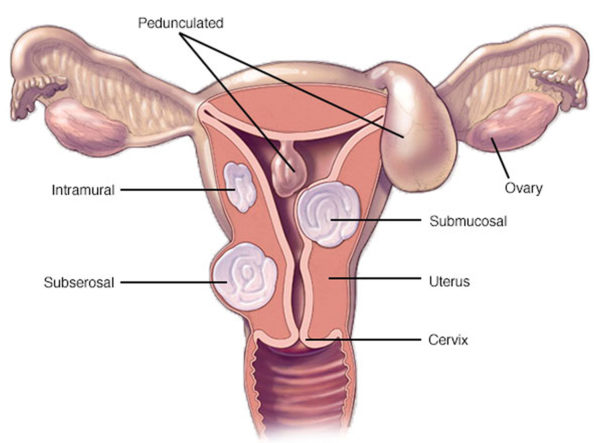9 Ways to Protect Your Child’s Health
As a parent, you want to ensure that your child is always healthy and safe. However, with so many risks and dangers, knowing how to protect your child’s health effectively can be challenging.
Fortunately, there are many things that you can do to safeguard your child’s well-being and help them grow up healthy.
With the help of this article, you can explore some ways to protect your child’s health, covering everything from nutrition to exercise and sleeping patterns.
- Encourage Healthy Eating Habits
Good nutrition is essential for your child’s health and physical development. Encourage your kid to eat fruits, vegetables, whole grains, lean proteins, and low-fat dairy products.
Limit their sugary and fatty foods intake, and ensure they drink plenty of water throughout the day. Promoting healthy eating habits can help your child maintain a healthy weight, reduce their risk of chronic diseases, and support their physical and mental growth.
- Check for Symptoms Right After Birth
Babies can get illnesses right after birth. During the birthing process, babies can come into contact with bacteria and viruses that can cause infections. Since babies have immature immune systems, they are more vulnerable to infections and illnesses.
They can also catch illnesses due to negligence by the doctors. Keep checking if your baby shows any symptoms of illness. Any medical negligence can cause birth injuries that might not be detected right away. If you suspect this, you should consult a birth injury law firm immediately.
- Ensure Adequate Sleep
Sleep is crucial for your child’s overall health and mental development. Make sure your child gets enough sleep each night, according to their age and needs.
Children who don’t get enough sleep may be more prone to behavioral problems, poor academic performance, and physical health issues. Establish a regular bedtime routine to help your child wind down and prepare for a peaceful sleep.
- Promote Regular Physical Activity
In the current era of playing games on electronic devices, it is essential to encourage outdoor physical activities among children. Motivate your child to engage in regular physical activity, like running, biking, swimming, or team sports.
Aim for at least one hour of physical activity daily, and ensure your child has access to safe and appropriate facilities. Physical activity can help your child maintain a healthy weight, build strong bones, strengthen muscles, and improve mood.
- Focus on Hygiene
Good hygiene is important for preventing the spread of illness and disease. Teach your child good hygiene practices like washing their hands frequently, covering their mouth and nose when coughing or sneezing, and avoiding physical contact with sick people.
Make sure your child has access to clean water, soap, and hand sanitizer. Instill a habit of showering after playing outside to get rid of all the germs, bacteria, and viruses.
- Promote Mental Health and Well-being
Mental health is just as important as physical health. Encourage your child to talk openly about their feelings and emotions. It is crucial to teach them coping strategies for managing stress and anxiety.
Provide them with a supportive and nurturing environment, and seek professional help if you notice any signs of mental health issues. Moreover, spend more time with your children to understand their body language, problems, and specific requirements.
- Do Not Skip Vaccinations
Immunization is one of the most effective ways to protect your child’s health. Make sure your child receives all recommended vaccinations according to their age and individual needs.
Vaccines work by stimulating the immune system to produce antibodies that can recognize and fight off specific diseases without causing the disease itself. It can protect your child from serious and potentially life-threatening conditions.
- Limit Screen Time
Excessive screen time can negatively affect your child’s health and development. Since kids these days have easy access to phones, tablets, and gaming consoles, they spend twice as much time playing games on the screen than playing outside.
Limit your child’s screen time to no more than one to two hours per day. Excessive screen time can also lead to poor eyesight in the long run. So, make sure they engage in other healthy activities like reading books, playing outside, or spending time with family and friends.
- Schedule Regular Checkups
As they say, prevention is better than cure. Regular checkups can help identify potential health problems before they become more serious or difficult to treat. Preventative care is key to maintaining good health among children.
Since kids cannot efficiently describe their condition, it is essential to consult with a pediatrician as soon as they display any discomfort. Pediatricians are trained to monitor a child’s growth, development, and discomfort. They can provide guidance and support to ensure your child’s optimal health.
Conclusion
Protecting your child’s health is crucial for their overall well-being and development. Implementing the ten ways discussed in this article can help your child maintain good health and reduce their risk of illnesses.








